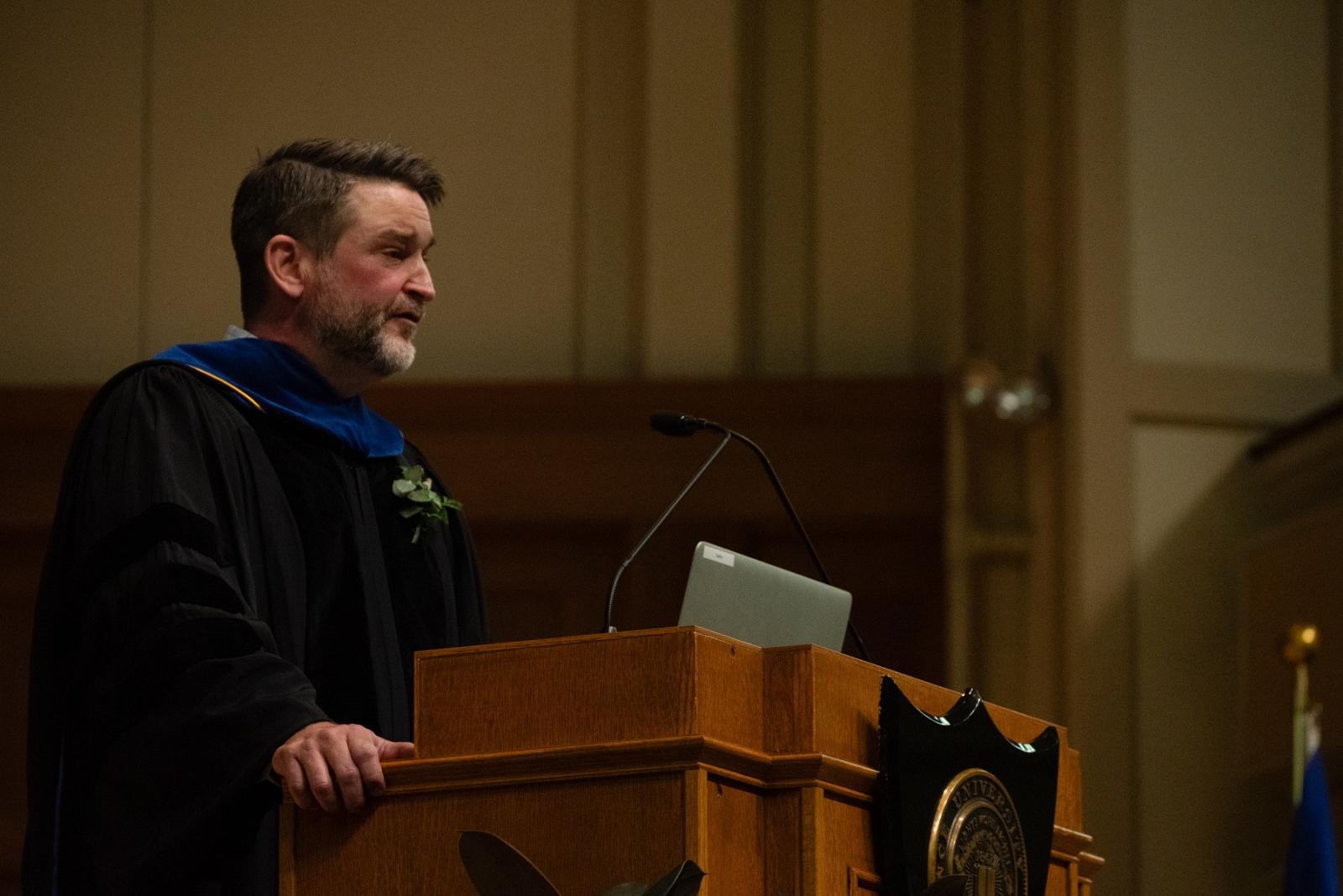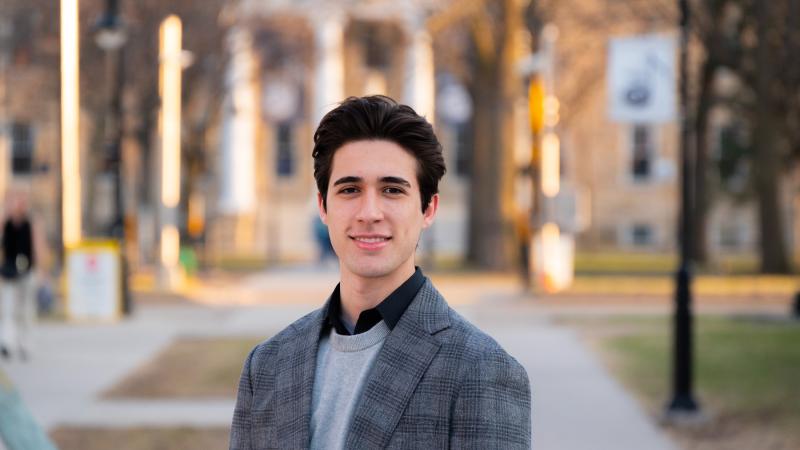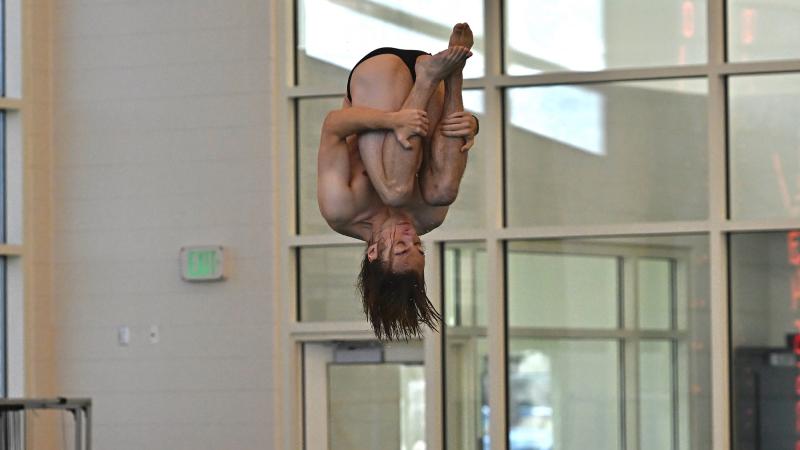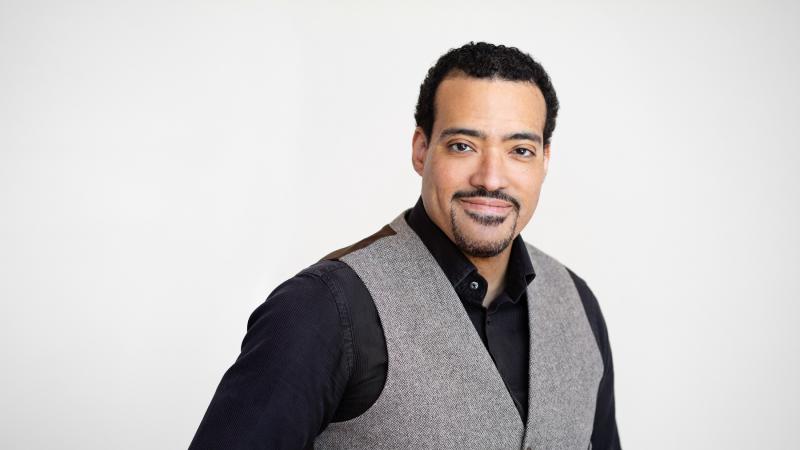Lawrence University celebrated the accomplishments of students, faculty, and staff at the annual Honors Convocation Friday afternoon.
The Convocation followed a Thursday evening Honors Awards Ceremony and Reception, where 144 students, two student organizations, and five faculty and staff were celebrated with awards that spanned the entire university experience: from academic honors in the College of Liberal Arts and Sciences and Conservatory of Music to leadership in Student Life and Athletics. See full list of honorees here.
The Honors Convocation, the third and final convocation of the academic year, highlighted those accomplishments and celebrated this year’s Faculty Convocation Award recipient, Mark Phelan, professor of philosophy.
Phelan, a member of the Lawrence faculty since 2011—he teaches courses in philosophy, linguistics, and cognitive science—delivered the Honors Convocation lecture, “Knowing Others and Ourselves.” He explored two fundamental questions: how we can better understand the thoughts and desires of others and how we can comprehend our own thoughts and desires.
He did so, he said, knowing that answers in either case are elusive at best.
“I’m not going to give a definite answer to either question,” Phelan said at the outset. “As a philosopher, I’m contractually obligated to raise more questions than I answer.”
Humor aside, there is value in the pursuit of those answers, he said, if for no other reason than to make us more empathetic humans, imperfect as we are. It is what’s at the foundation of a liberal arts education, why we should strive to be critical thinkers.
“I realize that we are all, in some sense, committed to this idea of knowing others and ourselves through better explanations,” Phelan said. “After all, we are gathered here to celebrate achievements connected to a liberal arts education. The intellectual grounding that the liberal arts offers is expansive. It has asked you to investigate methods and ideas from across the humanities, the sciences, and the arts. Some founders of this model of higher education argued that the general knowledge and habits of mind cultivated through this approach are an essential basis for being ‘good…and well-informed human beings and citizens’ and that they should precede a focus on vocational skills, which can be ‘easily acquired later on.’ I don’t know if I would go that far, but I am often impressed by the productive power of general knowledge and liberal habits of mind. Ideas from one field continually inform developments within another and theoretical learning can lead to more accurate knowledge of a people, a place, a time, ourselves, and others.”
He challenged the students not to shy away from big questions that can’t be easily answered.
“As we celebrate your achievements today, let us remember the profound questions we've explored together during your time at Lawrence,” Phelan said. “Our journey of understanding others and ourselves may not result in definitive answers, but by embracing the complexity and continuous inquiry that the liberal arts recommend, we will be better able to explore the hidden depths of our own thoughts and the thoughts of others. Use the tools of empathy, critical thinking, and intellectual curiosity that you have acquired here to navigate your own beliefs and desires. Use them to connect with and understand the minds of those around you. In a world built on complex and frail inferences, let your knowledge be a beacon of clarity and compassion.”
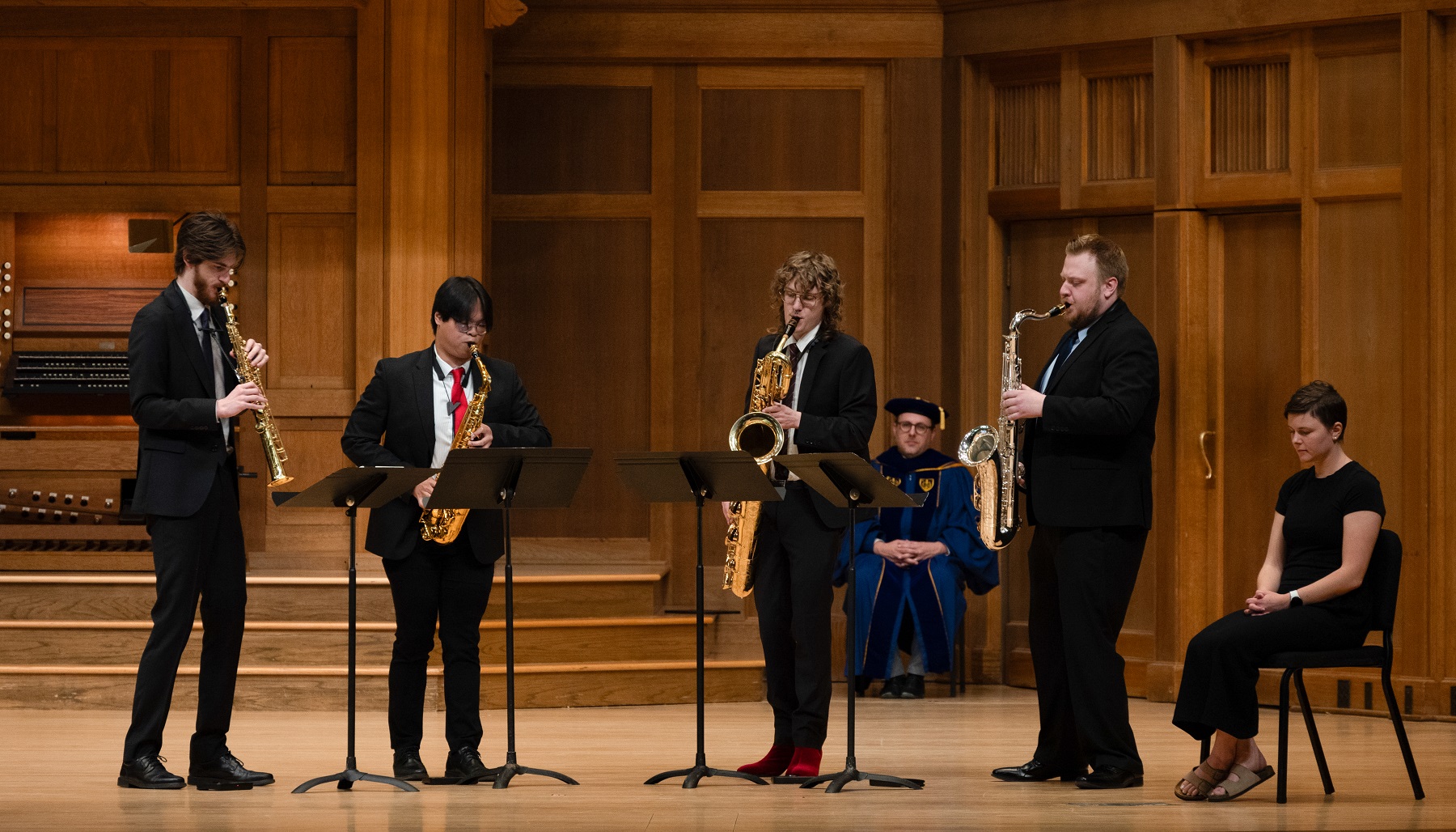
The Verve Quartet performs at Memorial Chapel during Friday's Honors Convocation. (Photo by Aaron Lindeman '27)
Music at the Honors Convocation was provided by a saxophone quartet featuring students Evan Ney, Gabe Reyes, John Stecher, and Luke Kovscek.
“The talents of our students continue to amaze and delight,” said President Laurie A. Carter, who called the Honors Convocation “one of the great traditions here at Lawrence.”
In addition to Phelan, other honored faculty and staff were recognized, including: The Babcock Award for outstanding service to students (voted on by students) went to Kate Zoromski, associate dean of academic success; the Mortar Board Honorary Award also went to Zoromski; the University Award for Excellence in Advising was awarded to Jason Brozek; and the First-Year Studies Teaching Award went to Helen Boyd Kramer.
“To all members of our campus community, thank you for lifting us up every day,” Carter said. “From creativity to perseverance to intellectual investment, your collective contributions allow Lawrence to shine bright.”
Allison Fleshman, associate professor of chemistry, was announced as the 2025 Faculty Convocation Award recipient.
